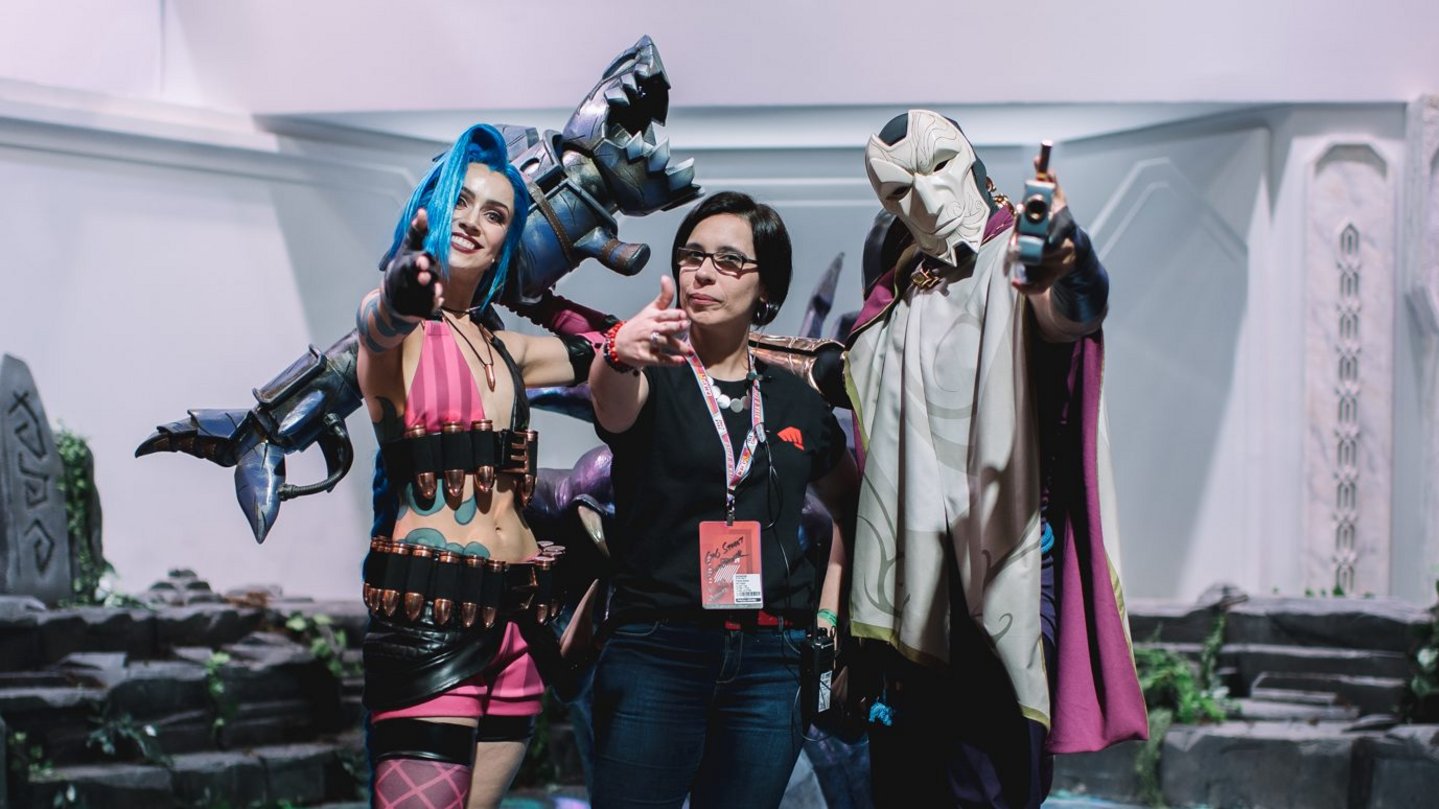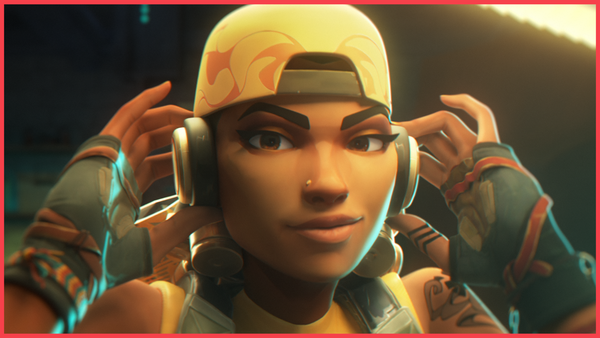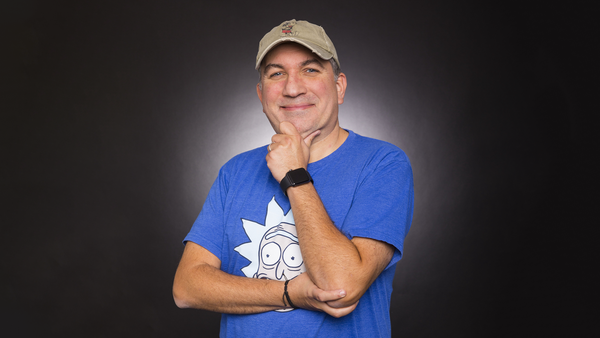More Than a Label is a content series featuring the Rioters who make up Riot Unidos, our employee resource group of Latin American Rioters. Featuring Rioters from around the world, More Than a Label will dive into individual identities, highlight the array of cultures under the Latin American umbrella, and celebrate the stories of Rioters who help create awesome experiences for players.
Fandom has always been core to Priscila Queiroz. Growing up in Rio de Janeiro, Priscila found herself drawn to the communities around the things she loves, namely Star Wars and Gilmore Girls. When organized communities were hard to find in Brazil, she just created them herself.
“I’ve been a fan of things my whole life,” Priscila said. “I was a part of the team that organized the first Star Wars convention ever in Brazil, JediCon in 1999. Conventions weren’t really a thing in Brazil at the time. That was the moment when I realized just how powerful communities are and how your life can change when you meet people who share your interests and your passions.”
Creating, building, and supporting communities has driven her throughout her career. First to Google and then to Riot.
“At Google my focus was on helping the market learn how to be digital, it was hard getting people to buy into mobile phones for a while,” Priscila laughs. “A friend of mine went from Google to Riot and I remember he said ‘dude, this is a company that you need to be in because community is the focus, it’s the center of everything they do, you have to come here.’”
A lunch meeting turned into an interview and Priscila became a Community Manager for Riot working out of São Paulo in 2014. She was promoted to Senior Manager of Publishing and then to Head of Publishing in Brazil.
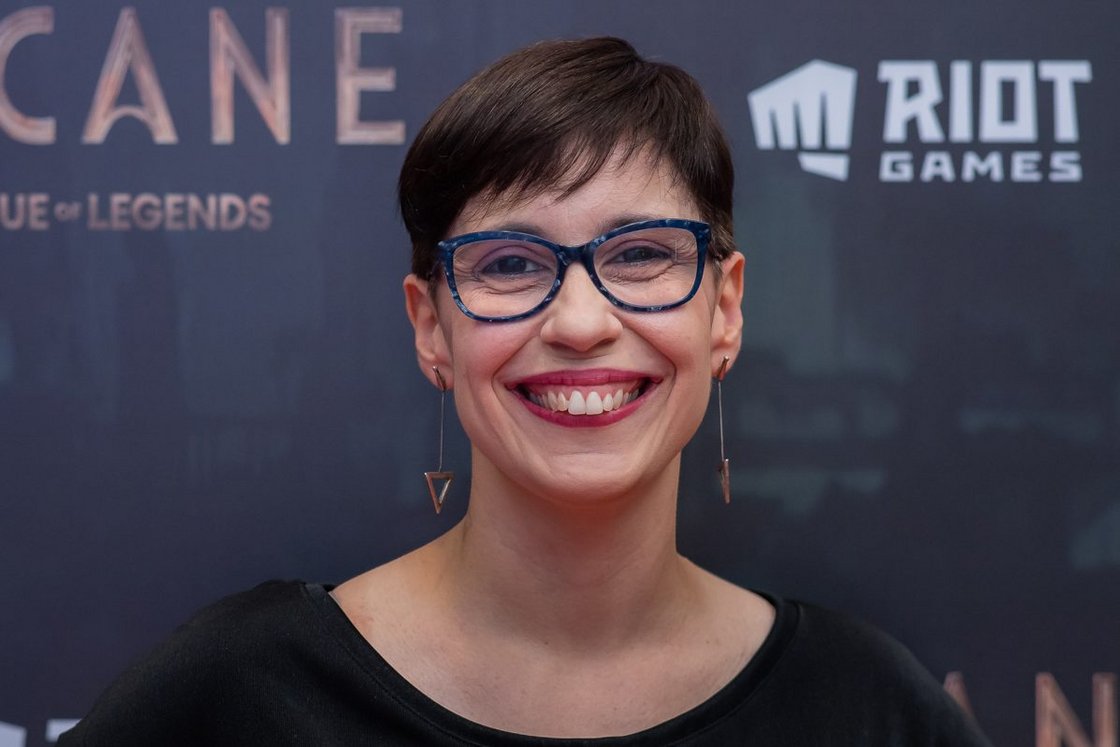
A Love for Brazil
“I’ve been immersed in Brazil for the last eight years at Riot,” Priscila said. “It’s difficult being Brazilian right now, but at the same time, there’s a sense of resilience, a sense of possibility, that I think is characteristic of Brazilians. Brazil is a hard country. It’s a violent country. It’s a poor country. We are all resilient but the challenges we face also bring people together and create community.”
When it comes to gaming and esports, Brazilian fans are some of the most passionate in the world. When LOUD plays (and wins) in VALORANT Champions, Twitch chat moves with the speed of a million “Vamos.” For Priscila, and for Riot, serving passionate players is the goal that drives us every day.
“Players go through a lot of effort to play our games in Brazil,” Priscila said. “People can’t always afford a gaming PC. We once took a survey of some of our players, and I remember this picture we received. It was a woman sitting on the floor, her laptop was set on her bedside table hanging over the edges and her mouse was on the floor. That is who we are making games for. We have to honor the effort players are putting in to play.”
Brazilian players have been some of Riot’s most fervent supporters over the years and we are extremely grateful for all the hours Brazilian fans have spent playing our games, interacting in communities, and watching everything from esports to Arcane.
“Riot was the first publisher that came to Brazil with a full presence,” Priscila said. “From the start, there was a full marketing team, a player support team, and all the other teams needed to run Riot’s games well in the country. And players saw that and responded with passion and dedication to our products.”
If you speak English as a first language, games are geared towards you in innate ways. But for people who grew up in other regions, not being able to interact with their fandom is common, and frustrating. Priscila felt those frustrations firsthand.
“When you’re a fan, and you’re passionate, and you aren’t being recognized, that’s hard,” she said. “I know what it’s like not having an official Star Wars shirt available in the country. Not being able to afford toys because they are super expensive here. At times, fans have to rely on each other to translate content that is only available in English.”
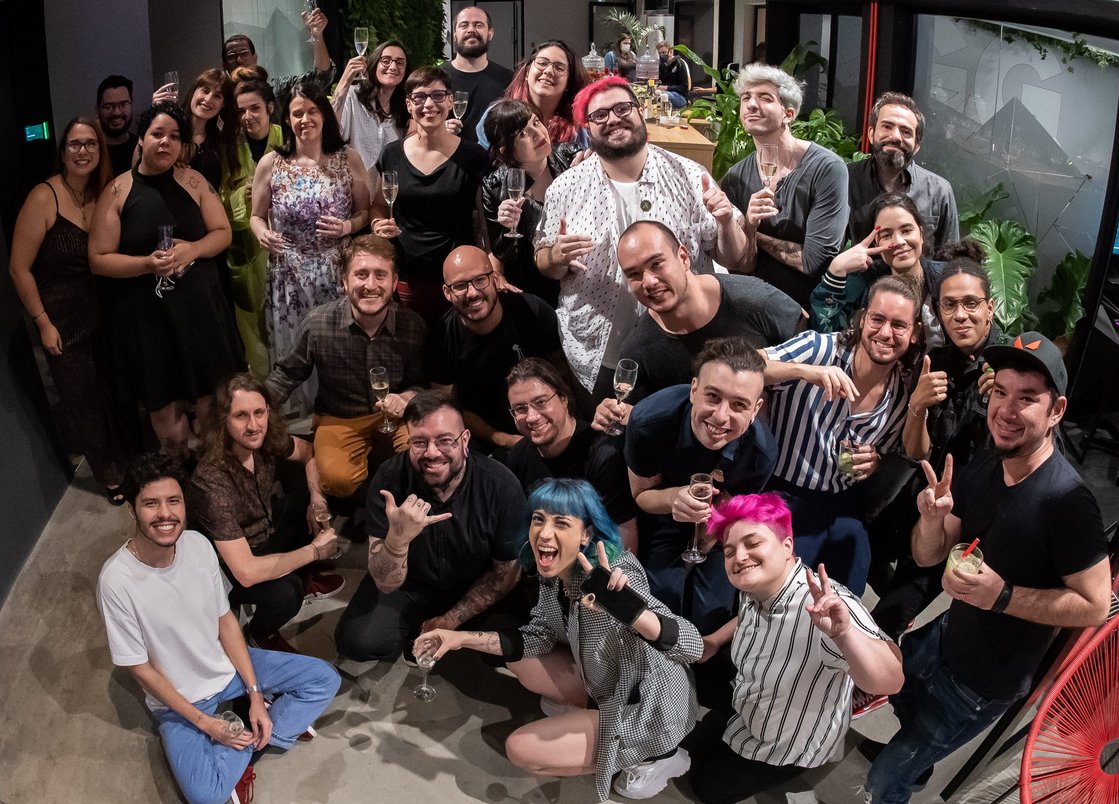
Focusing on the Americas
After eight years of serving the Brazilian audience, Priscila is continuing to impact Riot so much that her influence is expanding beyond Brazil’s borders. Recently promoted, her new role as Brand Manager of Entertainment, Riot Brand, and Cross-Product Strategy for the Americas will cover everything from the ice caps of Northern Canada to the Southern tip of Chile.
“To prepare for the new role, the first thing I did was really start learning about the other regions,” Priscila said. “Brazil is where my major references come from. And now I’m working with other regions, I’m learning their references, and I’m figuring out how we bring the Americas in to work closely with our global teams. Our goal is to best serve audiences throughout the Americas. We’re a new team, and we’ve got some tough challenges, but we’re really excited to be the voice of the Americas in discussions with global teams.”
Brazil occupies a unique position in Latin America. The impacts of colonization are felt by every country in the Americas and have caused cultural differences over time.
“Brazil, while part of Latin America, stands out a bit due to the language difference,” Priscila explained. “Every other country in LATAM speaks Spanish, we speak Portuguese. And that matters a lot when it comes to how our culture evolved.”
Cultures throughout all of Latin America shift country by country but when languages change, cultural differences are magnified. At the same time, there is plenty of common ground between Brazil and the rest of Latin America.
“Latin America, as a whole, we went through a lot of the same difficulties,” Priscila said. “We’re dealing with dictatorships, with colonization. And we also share this fervent passion for games, for our countries, and for the region as a whole. I think there’s a sense of Latin America united in that we share difficulties but we also support each other and are happy when we overcome those difficulties.”
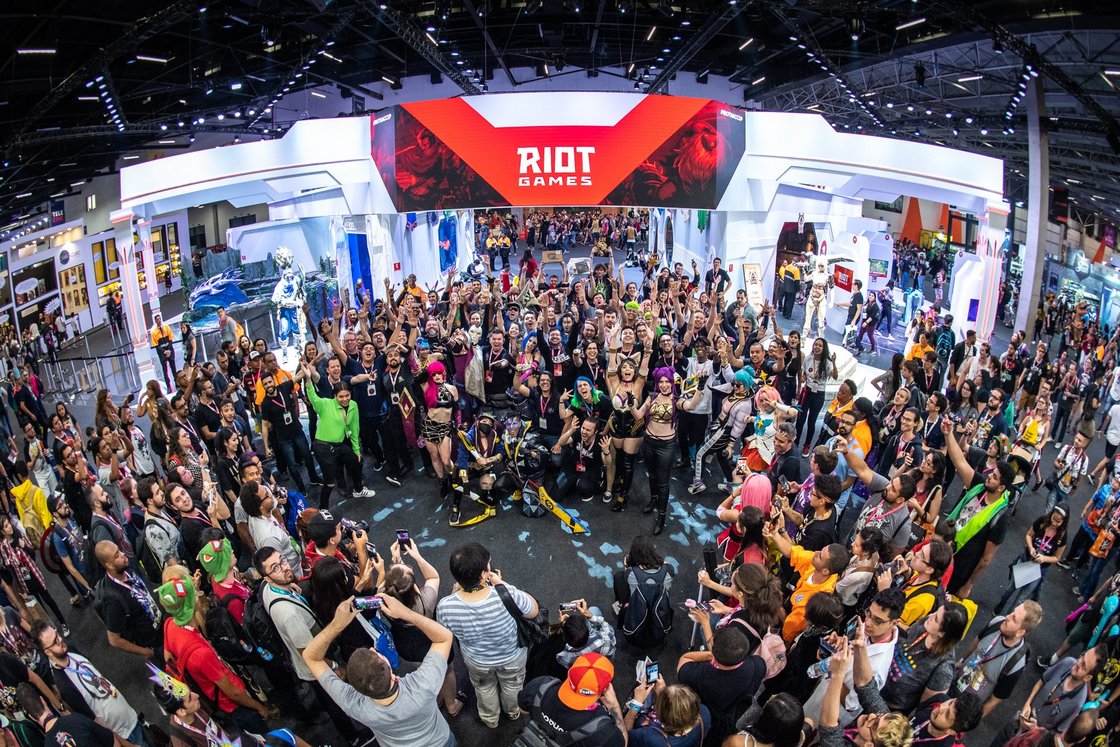
Elevating Global Voices
Riot is a global company with 20+ offices around the world. But the company was founded in the US and the majority of our employees still call the US home. That’s why we are putting more and more focus on elevating leaders around the world who make sure that our products, our messaging, and how we interact with players is the best it can be for global audiences. One example is the name used to describe the Latin American community.
Last year, we called this month Latinx Heritage Month. The US government calls it Hispanic Heritage Month, another descriptor with a complicated history. This year, Riot Unidos, our Rioter Inclusion Group of Latin American Rioters, decided on Latin American Heritage Month instead.
We wanted to ensure we could use terminology that would resonate with Rioters across the globe. As we figured out how to best label ourselves, we moved forward by using language that aligns with our players and Rioters in Latin America while also maintaining our focus on our shared cultural heritage.
“Latinx is not a term we use here in Brazil,” Priscila said. “It’s a US-centric term, and I didn’t know it was a controversial term because it just isn’t used here. I like the term Latin American Heritage Month better. The Latinx term for me is more associated with US Latin American communities and a US view of the world than Latin America, the region as a whole.”
Language evolves and taking into account a variety of perspectives helps us make the best decision for a global audience. At the end of the day, diverse global voices elevate experiences that speak to both players in that region and players around the world who share similar experiences.
Priscila is, and has been, a leader at Riot. Her perspective in her new role will help guide our global marketing and entertainment teams, will help bring fandom communities to millions of people in the Americas, and will continue pushing Riot to be a truly global company.
